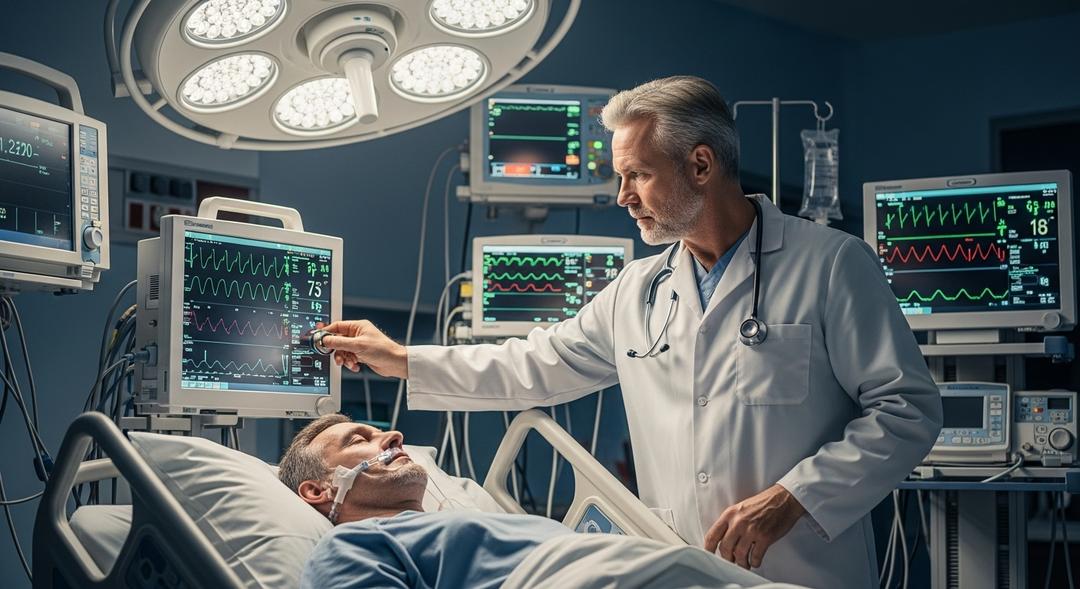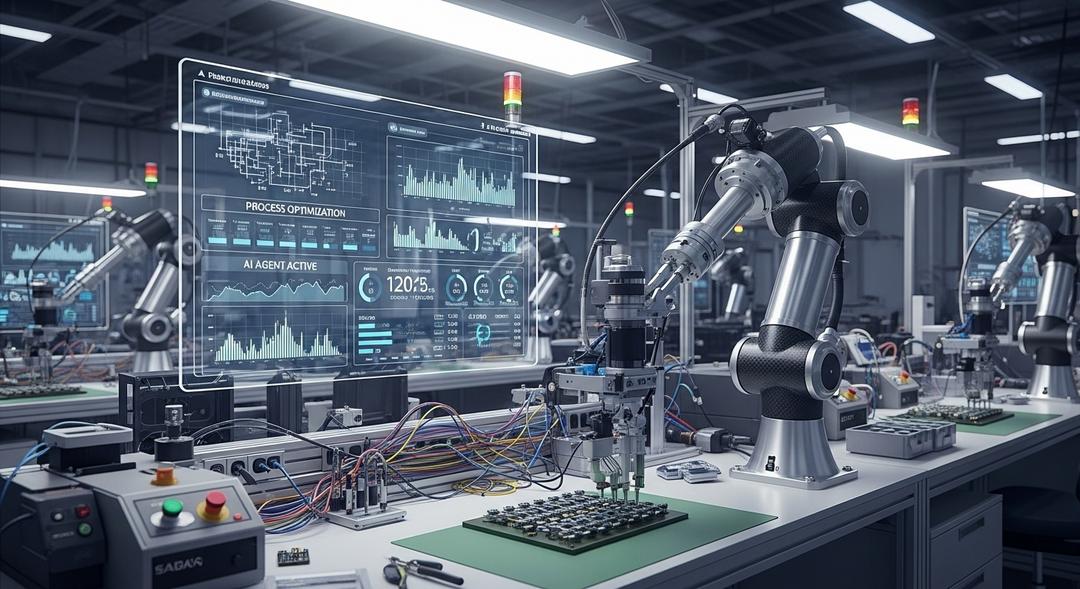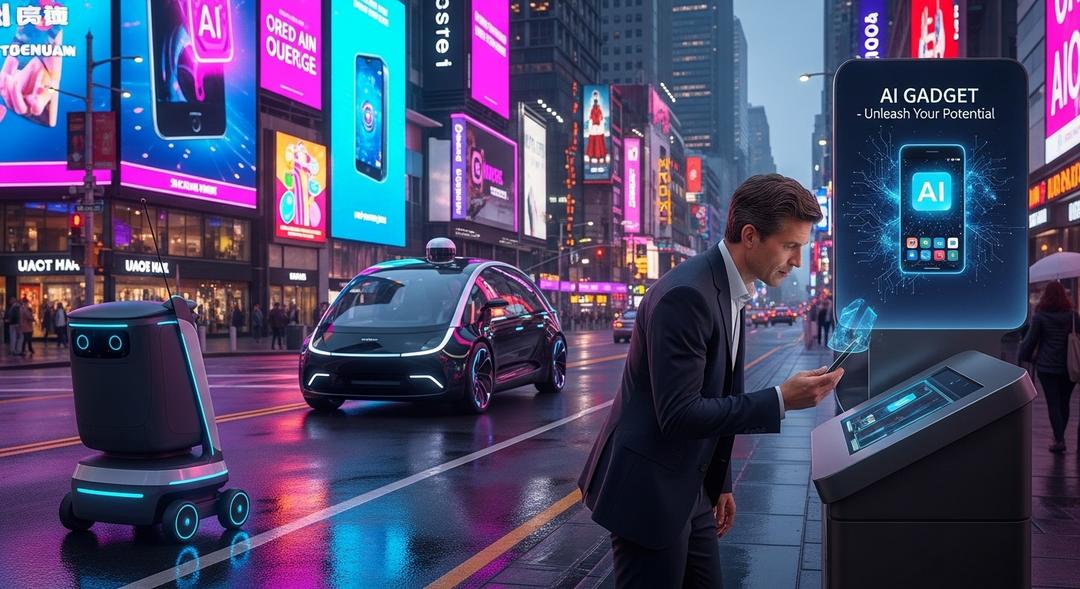A sophisticated artificial intelligence model has taken a major leap forward in predicting which heart patients are in real danger of sudden cardiac death.
Researchers at Johns Hopkins University have unveiled a system that analyzes both detailed heart scans and full patient medical records to pinpoint those most at risk. For people living with hypertrophic cardiomyopathy, this represents a potential turning point. Doctors have long struggled to determine who among these patients faces true danger — and who can safely avoid aggressive treatments.
Guidelines used worldwide have barely outperformed random guessing, with accuracy close to fifty percent. Frustration has been mounting as some patients die unexpectedly, while others spend their lives attached to devices they never actually needed. Natalia Trayanova, who led the project, put it bluntly: “Currently we have patients dying in the prime of their life because they aren’t protected and others who are putting up with defibrillators for the rest of their lives with no benefit.”
AI Unveils the Hidden Danger in Heart Scans
At the heart of this breakthrough is the AI’s ability to examine contrast-enhanced MRI images. These complex scans, packed with information, have been an underused resource until now. The software learned to read the subtle patterns of scar tissue, which signal far higher risk for fatal events, even when the images baffle human eyes.
Testing at Johns Hopkins Hospital and another North Carolina health center showed the model’s edge. Among all patients, the technology correctly identified ninety percent of high-risk cases. Even more impressive was its ninety-three percent accuracy rate for those between forty and sixty years old — the age group most susceptible to danger from this inherited heart disease.
Unlike past prediction tools, the new AI system can also explain what factors led to its risk assessment. This opens the door to truly personalized care, rather than one-size-fits-all solutions or guesswork.
Dr. Jonathan Chrispin, a cardiologist and a co-author of the study, said, “Our study demonstrates that the AI model significantly enhances our ability to predict those at highest risk compared to our current algorithms and thus has the power to transform clinical care.”
With the potential to prevent unnecessary implants and to save those whose lives would otherwise be cut short, the research team is eager to expand testing. They believe the technology can be trained to predict outcomes for other heart conditions where the warning signs are just as elusive.
The project was made possible through federal funding, and the scientists plan further trials involving larger and more diverse groups of patients, as discussed in recent analysis of chatbot performance in medical prediction.








